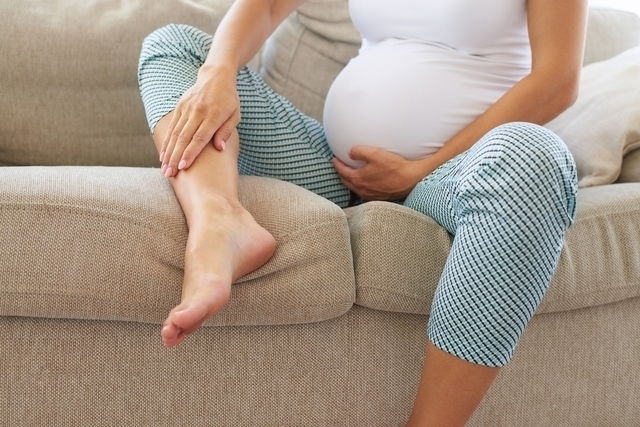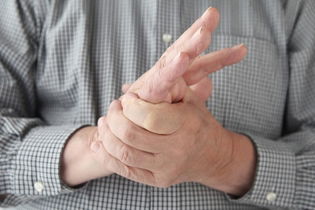Belly button pain during pregnancy is a very common symptom and occurs mainly due to changes in the body that accommodate for the baby’s growth. Discomfort around the belly button particularly occurs at the end of pregnancy for following reasons like to increased belly size, the baby’s movements, and lack of space in the woman’s body, but it may also be felt earlier on in the pregnancy.
You may feel pain in the belly button and the surrounding abdomen area, and you may notice some swelling. Pain is usually not constant and is triggered by palpation of the area or by physical activity like bending over or picking something up.
If belly button pain is felt in late pregnancy, spreads to the whole abdomen, and is accompanied by uterine contractions, the pain may also be a sign of childbirth.

See the main causes for belly button pain during pregnancy below:
1. Body changes
As the fetus grows, the muscles and skin of the belly become stretched, and this can cause pain in women with both inward or outward dipping belly buttons, known as innies or outies.
This pain may start at the beginning of the pregnancy, and can be felt until the very end due to the pressure that the baby puts on the uterus and around the belly button.
2. Protruding belly button
Some women have a protruding belly button, or outie, as a result of pregnancy and constant contact with clothing can cause skin irritation and pain in this area. In these cases, light, comfortable clothing that does not irritate the skin is recommended. You can also try applying a light bandage over the belly button, to protect it from constant friction from clothes.
3. Umbilical hernia
Belly button pain can also be caused by an umbilical hernia which may appear or worsen during pregnancy. These cases should be evaluated by the doctor, who will assess whether a special belly bands or surgical intervention are recommended.
An umbilical hernia usually occurs when a part of the bowel comes bulges and protrudes through the abdomen. In many cases, it resolves on its own after childbirth. However, if the hernia and the pain persist even after the baby is born, surgery to repair the hernia is recommended.
Read more about the different types of hernias and what can cause them.
4. Intestinal infection
An intestinal infection may cause severe abdominal pain near the belly button area. Infections can also cause other symptoms like nausea, vomiting, diarrhea, and fever. Learn more about the common symptoms and causes of intestinal infections.
Intestinal infections during pregnancy that are left untreated can lead to more serious problems, and therefore you should be assessed by a doctor. You may be prescribed medication to help with vomiting and pain, or antibiotics if indicated.
5. Belly button rings
Women with a belly button ring are more likely to feel pain during pregnancy, as the skin becomes more sensitive. There is also an increased risk for infection as the belly button becomes more difficult to clean. In addition to pain, other symptoms like swelling, redness, and discharge may emerge in the area. If your piercing gives you problems, you should consult your doctor for removal and treatment as necessary.
There are belly button rings rings that are pregnancy-friendly that you can consider. These are typically made of surgical stainless steel and will expand with the growth of the belly.
How to relieve belly button pain
To relieve belly button pain caused specifically by pregnancy-related body changes, you can try the following tips:
- Sleeping belly-up or on your side
- Wearing a belly band to support the belly band and alleviate skin stretching
- Practicing in-water activities to relieve increased weight on your belly or back
- Wearing comfortable, light cotton clothing
- Applying a moisturizing cream or cocoa butter to the skin in and around the belly button.
If the belly button pain persists or worsens over time, you should report it to your obstetrician who will assess to see if there is another problem causing this symptom.
You can read more about the causes of belly button pain to see if any of these causes may be associated with your pain.








